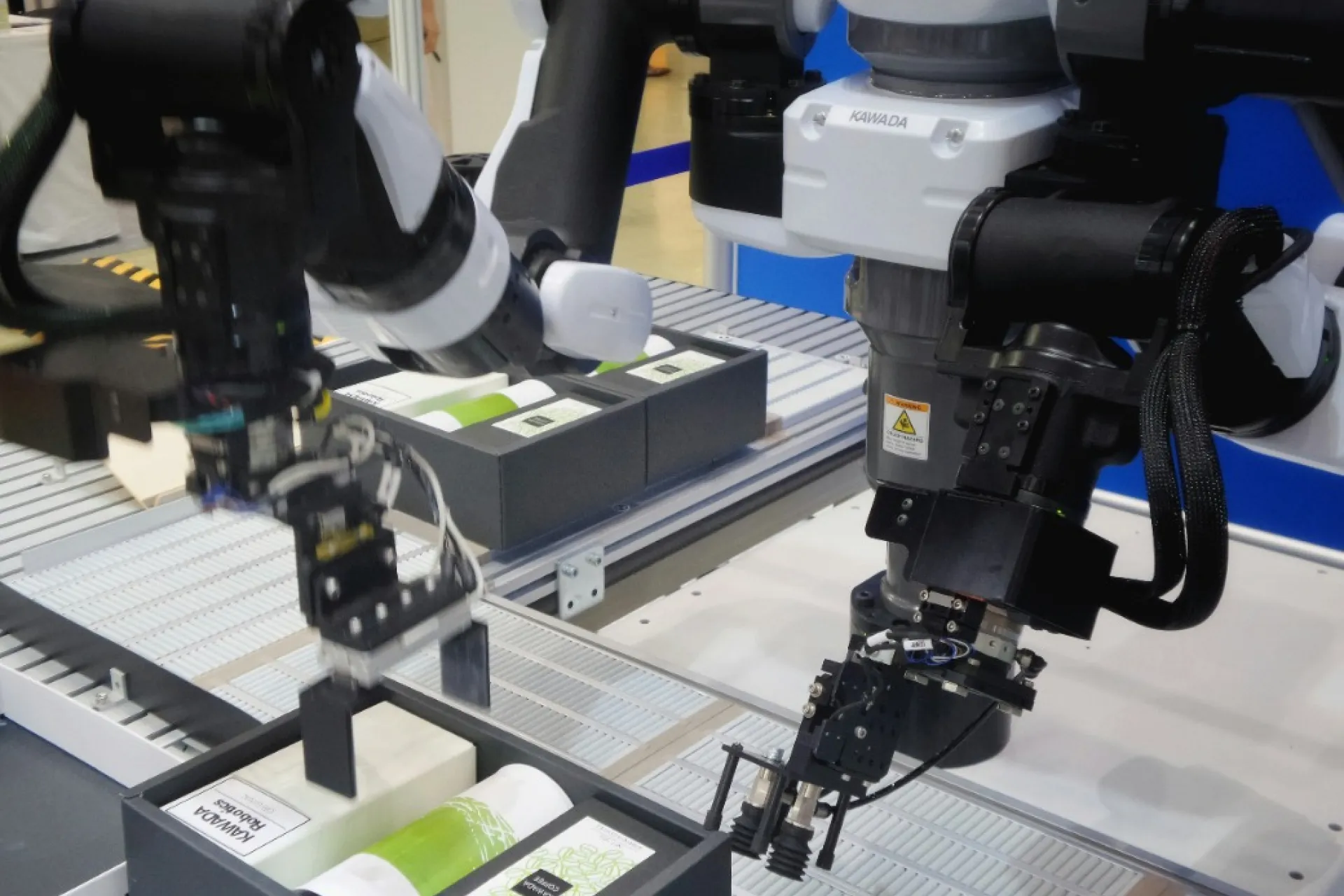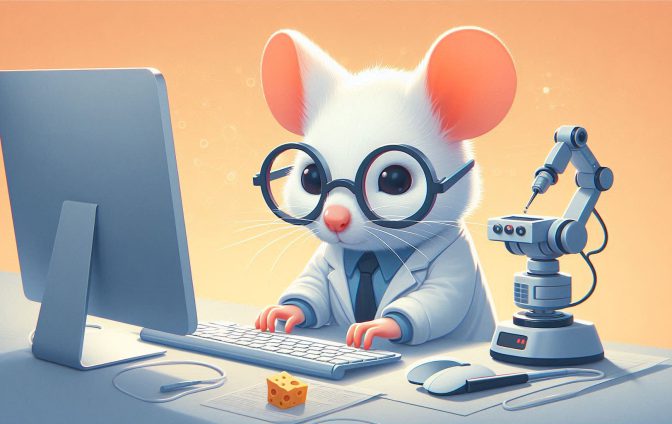- By hdadmin
- |
- September 16, 2024
- 4 min read
Enhancing Creativity with Machine Learning
Creativity has traditionally been seen as a uniquely human trait, rooted in imagination, emotion, and experience. However, the rise of machine learning (ML) is challenging this notion by providing tools and capabilities that enhance, augment, and even redefine creative processes. From art and music to content generation and product design, ML is unlocking new realms of innovation. Let’s explore how machine learning is enhancing creativity across industries. The Intersection of Machine Learning and Creativity Machine learning algorithms excel at analyzing vast datasets, identifying patterns, and generating novel outputs. When applied to creative fields, ML doesn’t replace human ingenuity—it amplifies it. By automating repetitive tasks, offering data-driven insights, and inspiring fresh ideas, ML allows creators to focus on high-level, imaginative work. Applications of Machine Learning in Creative Fields 1. Generative Design in Art and Design ML-powered tools like generative adversarial networks (GANs) create unique designs, artworks, and visual elements that push the boundaries of traditional creativity. Examples: 2. Music Composition Machine learning models are increasingly used to compose music, suggesting melodies, harmonies, and rhythms that inspire artists. Use Cases: 3. Content Creation and Writing Natural Language Processing (NLP) models like GPT (Generative Pre-trained Transformer) are revolutionizing content creation, helping writers generate ideas, drafts, and even complete stories. Applications: 4. Product Design and Prototyping ML enables rapid prototyping by analyzing user preferences and market trends, providing designers with data-driven insights for creating innovative products. Examples: 5. Film and Animation Machine learning enhances visual effects, automates animation, and even helps develop storyboards, speeding up the creative process in filmmaking. Notable Applications: How Machine Learning Enhances the Creative Process 1. Automating Repetitive Tasks Creators often spend significant time on repetitive tasks like editing, formatting, or optimizing designs. ML tools streamline these processes, freeing up time for more innovative endeavors. 2. Providing Inspiration By analyzing trends and generating unique outputs, ML serves as a source of inspiration, presenting creators with ideas they might not have conceived independently. 3. Personalizing Experiences ML allows for hyper-personalization, helping creators tailor their work to specific audiences. This is particularly valuable in marketing, gaming, and user experience design. 4. Predicting Success By analyzing data on audience behavior, market trends, and past successes, ML provides insights into what resonates with users, guiding creators toward impactful choices. Challenges in Combining Machine Learning and Creativity While ML is a powerful tool, its application in creative fields comes with challenges: To overcome these challenges, it’s essential to use ML as a complement to human creativity rather than a replacement. The Future of Creativity with Machine Learning As machine learning continues to evolve, its role in creative fields will expand. We can expect: Conclusion Machine learning is revolutionizing creativity by augmenting human capabilities, inspiring innovation, and breaking down traditional barriers. While challenges remain, the opportunities it presents are transformative. By embracing ML as a tool for collaboration, creators can unlock unprecedented levels of imagination and efficiency. Are you ready to enhance your creative process with cutting-edge ML solutions? Let’s collaborate today!
Read More




